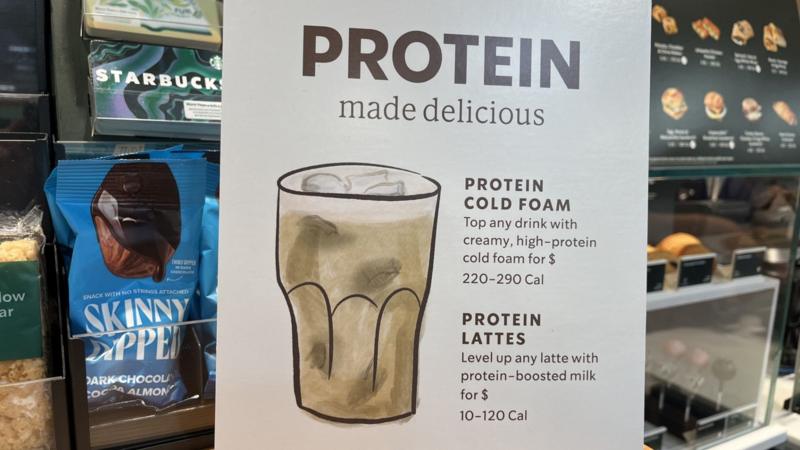Summary
Many food companies are trying to meet the growing demand for high-protein foods as consumers become more focused on their protein intake. Sales of protein-rich products have increased, especially in the U.S., impacting both traditional dairy and plant-based alternatives. Experts caution that while protein is important, most people in wealthy countries already consume more than needed.
Key Facts
- The sales of protein-labeled products in the U.S. grew by 4.8% from March 2024 to March 2025.
- In 2024, U.S. milk consumption increased for the first time since 2009, partly due to interest in protein.
- Whey protein, a cheese by-product, is popular and continues to expand as a significant market segment.
- Plant-based milk alternatives are seeing reduced sales, partly due to decreased interest in markets like the Americas.
- Google's search trends show people are looking more for cow milk than for milk alternatives like oat milk.
- Experts say many people in wealthy countries already consume enough or too much protein.
- Some nutritionists caution against assuming "high protein" labels automatically mean a product is healthy.
